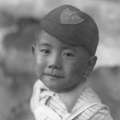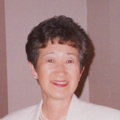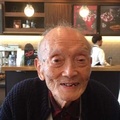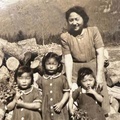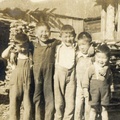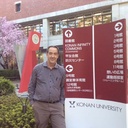
Stan Kirk
@StanKirkStan Kirk grew up in rural Alberta and graduated from the University of Calgary. He now lives in Ashiya City, Japan with his wife Masako and son Takayuki Donald. Presently he teaches English at the Institute for Language and Culture at Konan University in Kobe. Recently Stan has been researching and writing the life histories of Japanese Canadians who were exiled to Japan at the end of World War II.
Updated April 2018
Stories from This Author
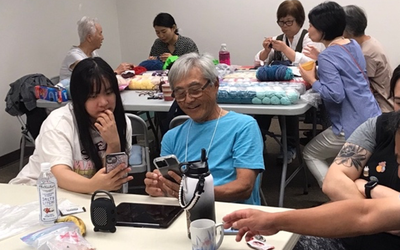
Chapter 6—Life after Retirement and Vision for the Japanese Canadian Community
Feb. 25, 2024 • Stan Kirk
Read Chapter 5 >> From 2019 Shig and Akemi gradually started to retire from their grocery chain business. Their daughter’s husband joined Fujiya after graduating from university. At first he was doing various jobs such as cutting up the fish, and gradually became more involved in the management and eventually took charge of the company. Due to Shig’s health problems, he and Akemi have now retired completely from running Fujiya, leaving their son-in-law in charge. Miki’s retirement was a gradual process …
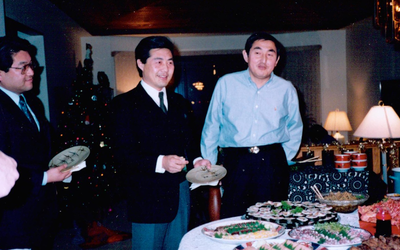
Chapter 5—Struggle to Adjust
Feb. 18, 2024 • Stan Kirk
Read Chapter 4 >> In stark contrast to Shig, who had previously lived in Canada till age nine and spoke English as his first language, Miki could hardly speak any English at all. He had never learned English in Japan. He had learned romaji (Roman letters), but little more. However, he was naturally good at math and had also studied soroban in Japan, so math class was easy for him. He had done very well in school in Japan — one …
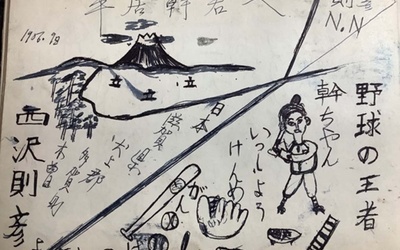
Chapter 4—Return to Canada
Feb. 11, 2024 • Stan Kirk
Read Chapter 3 >> Arrival in Vancouver At some point in the mid-1950s, Hyoshiro and Fujiye Hirai decided to move their family back to Canada. Miki now characterizes his life after returning to Canada as “a story of frustration, challenge and finding success in my own way. It has been a long time, starting in 1956, and is still going on.” He describes why his family returned to Canada as follows: On his mother Fujiye’s side, two of her brothers …
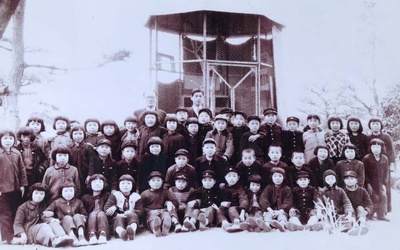
Chapter 3—Childhood Experiences in Taga, Japan
Feb. 4, 2024 • Stan Kirk
Read Chapter 2 >> Miki had no problem adjusting to Japan due to being only two-years-old when he arrived. In fact, he felt like he had been born in Japan as he had no memories of Canada, and Japanese became his first language. He got along well with friends and played baseball using a bat made from bamboo. Every morning they got up around 6:00 a.m. so they could play baseball for an hour before school. Miki played third base …
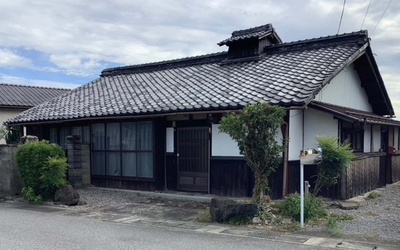
Chapter 2—Life in Postwar Japan: Hardships and Neighborly Support
Jan. 28, 2024 • Stan Kirk
Read Part 1 >> Difficult Relations with Relatives On October 2, 1946, the Hirai family boarded the Marine Falcon, one of three ships chartered by the Canadian government to transport Japanese Canadians to Japan. Miki was two years old and Shig was nine. Shig recalls being seasick every single day of the voyage, and the terrible food they were given after landing at the repatriation center in Uraga. Of the infamous rancid soup given to repatriates at Uraga, he quips, “If …
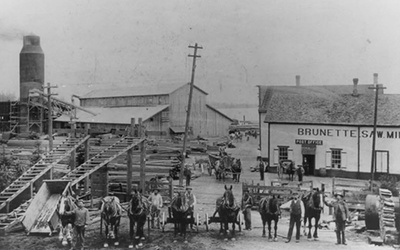
Chapter 1—Family Background, Life in Canada Before and During War
Jan. 21, 2024 • Stan Kirk
This series narrates the history of the Hyoshiro1 and Fujiye Hirai family, especially focusing on the two sons, Shig (Shigeru) and Miki, both of whom have been very active members of the Japanese Canadian community in Vancouver, BC (British Columbia). When Shig and Miki were children, the Hirai family were among the nearly 4000 Japanese Canadians exiled2 to Japan at the end of World War II. The first chapter briefly summarizes the Hirai family background and their life in Canada before …
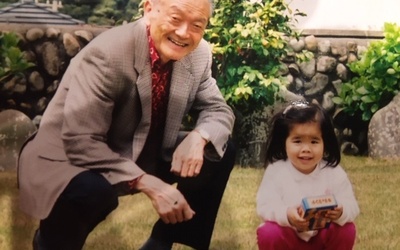
Part 7: Formation of JC Exiles Group in Kansai, Life after Retirement
April 20, 2020 • Stan Kirk
Involvement in forming and leading the JC Exiles Group in Kansai Following the official apology in 1988 by the prime minister of Canada to Japanese Canadians, a delegation was sent by the Canadian government to Japan to explain the terms of redress to the Japanese Canadian exiles still living there. These explanation meetings brought together many exiles who had not seen each other since the internment. Tak says that they had some idea of others who had been deported to …
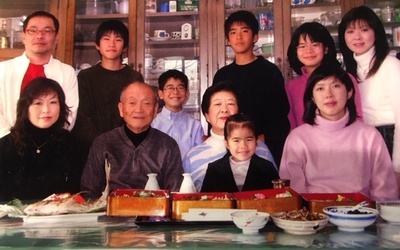
Part 6: Career in the Private Sector - Santai Trading Company & Fujicopian
April 13, 2020 • Stan Kirk
Employment with Santai Trading Company After seven years with Sogo, in 1959 Tak moved to the textile export division of a medium sized trading company called Santai Trading Company. He would stay there until 1977. As he explains, this job involved a wide variety of business endeavors and interesting experiences. While working in Tokyo at Amerex Trading Co., I had met many Japanese businessmen and one of them became a director of the department store. He was also president of …
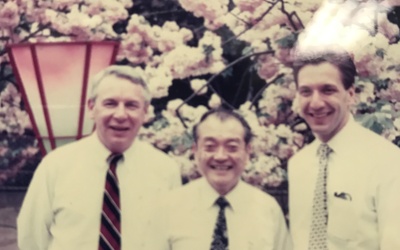
Part 5: Career in the Private Sector - Amerex & Sogo Department Store
April 6, 2020 • Stan Kirk
Employment with Amerex As the Japanese economy began to re-emerge during the postwar years, there was an urgent need for employees who could speak English well. This became a lifesaving economic opportunity for many of the exiles, even those lacking a strong formal education. Tak was one of those who made the best of this situation, using a combination of native wit, natural curiosity, good social skills, network building, and a willingness to offer his assistance to anyone who needed …
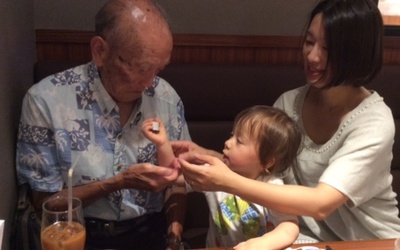
Part 4: Employment with the US Occupation Forces
March 30, 2020 • Stan Kirk
Soon after moving to Japan Tak found work with the US occupation forces. While it included room and board, the salary itself was rather low and was frozen by law at about 1500 yen per month, of which he was only permitted to withdraw 500 yen per month while the remainder was kept in the bank. Yet, he was able to send some money each month to support his parents and siblings. Officially, his main work was to keep statistical …

